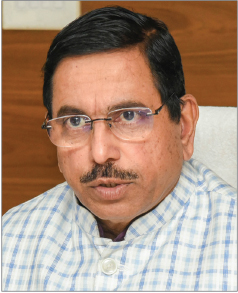India's Renewable Energy Milestones: Achievements and Commitments Towards a Sustainable Future
Key Ideas
- India has seen a significant increase in renewable energy capacity, surpassing its NDC targets and reducing emissions intensity ahead of schedule.
- Solar energy has experienced remarkable growth, with a record-breaking 14.9 GW added in the first half of 2024, showcasing a 282% increase from the previous year.
- The country is committed to becoming a global leader in green hydrogen, with initiatives like the National Green Hydrogen Mission aiming to position India as a hub for producing green hydrogen and its derivatives.
- Efforts towards green hydrogen include awarding capacities for electrolyser manufacturing, green hydrogen, and green ammonia production, with plans for pilot projects in key sectors and tenders for further capacity.
India has made substantial advancements in the renewable energy sector, exceeding targets and demonstrating a firm commitment to a sustainable future. Minister Pralhad Joshi highlighted the country's achievements, including a 165% increase in installed renewable energy capacity over the last decade, reaching 200 GW by 2024. The rapid growth of solar energy, with 14.9 GW added in the first half of 2024, reflects India's push towards clean energy solutions. Additionally, India's focus on green hydrogen through the National Green Hydrogen Mission underscores its ambition to lead in this sector.
The National Green Hydrogen Mission has made progress in awarding capacities for electrolyser manufacturing and green hydrogen production, with pilot projects planned in various industries. The mission aims to attract massive investments and generate employment while reducing reliance on imported natural gas. Furthermore, India's efforts to connect all villages to the electricity grid by 2017 highlight its dedication to energy access for all.
The country's initiatives, like the PM Surya Ghar Muft Bijli Yojana for rooftop solar installations, exemplify its proactive approach to clean energy adoption. India's journey towards 500 GW of clean power by 2030 is not only about achieving targets but also about setting new standards for global sustainability and energy access.
